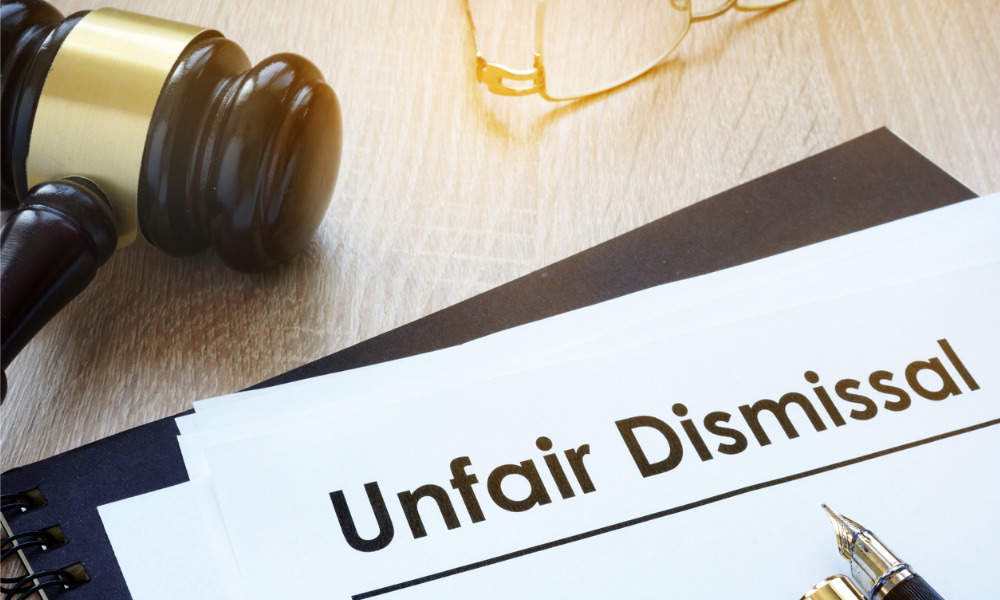
Case deals with a demoted employee who was still working for the company

The Fair Work Commission’s (FWC) Full Bench had recently dealt with a case of an employee whose employment grade and salary were reduced while he was still working with the employer. The employee then filed an unfair dismissal claim before the FWC.
When does “demotion” mean dismissal? Learn about what employment law says in this case which would be helpful to HR if it encounters a similar situation and if there is confusion about the status of an employee.
The employee, a shift manager, was made subject to disciplinary action after an investigation over misconduct allegations. His employer has employed him for over 30 years.
The latter allegedly reduced his employment grade and salary, but the employee stayed with them despite the reduction. “Neither his duties nor his location of work has changed. The employment relationship is ongoing,” the FWC said. It also noted that the employee’s gross annual remuneration decreased by $13,873 from $141,442 to $127,569, or by 9.8%.
According to case law, termination of employment occurs when a contract of employment is terminated. “This necessarily occurs when the employment relationship comes to an end. However, it can also occur even though the employment relationship continues,” the FWC said.
There could also be a dismissal if there were a “significant reduction” in the employee’s remuneration or duties.
A “significant reduction” in remuneration or duties is “important, or notable, or of consequence, having regard to its context and intensity,” the FWC said.
“The adjective ‘significant’ aims to exclude impacts that are “properly seen as minor or unlikely,”
“All relevant circumstances must be considered to determine whether a reduction in remuneration or duties is ‘significant.’ The test is objective. It is not determined by the subjective views of the employee who has had their remuneration or duties reduced,” the FWC clarified.
In this case, the Full Bench considered the existence of an industrial instrument between the parties. Where there is an industrial instrument or statute that says “demotion does not constitute termination,” then demotion under the said instrument or statute does not constitute a dismissal under the Fair Work Act.
The Full Bench then looked at the enterprise agreement between the parties and concluded that “demotions authorised by those instruments do not constitute termination of employment.” It said that the employer acted under their agreement when it imposed disciplinary action on the employee. Thus, it said that the demotion was “not repudiatory conduct” on the employer’s part.
“Where an employee voluntarily consents to a demotion and the employer acts on that consent, there will be a mutually agreed outcome that does not amount to a dismissal. Such consent can be express or implied or inferred from the circumstances,” the Full Bench said.
The Full Bench quashed the FWC’s decision at first instance and said that the employer’s demotion of the employee in reducing his grade and gross pay did not give rise to dismissal.
“As a consequence, the employee could not make a unfair dismissal application,” it said.